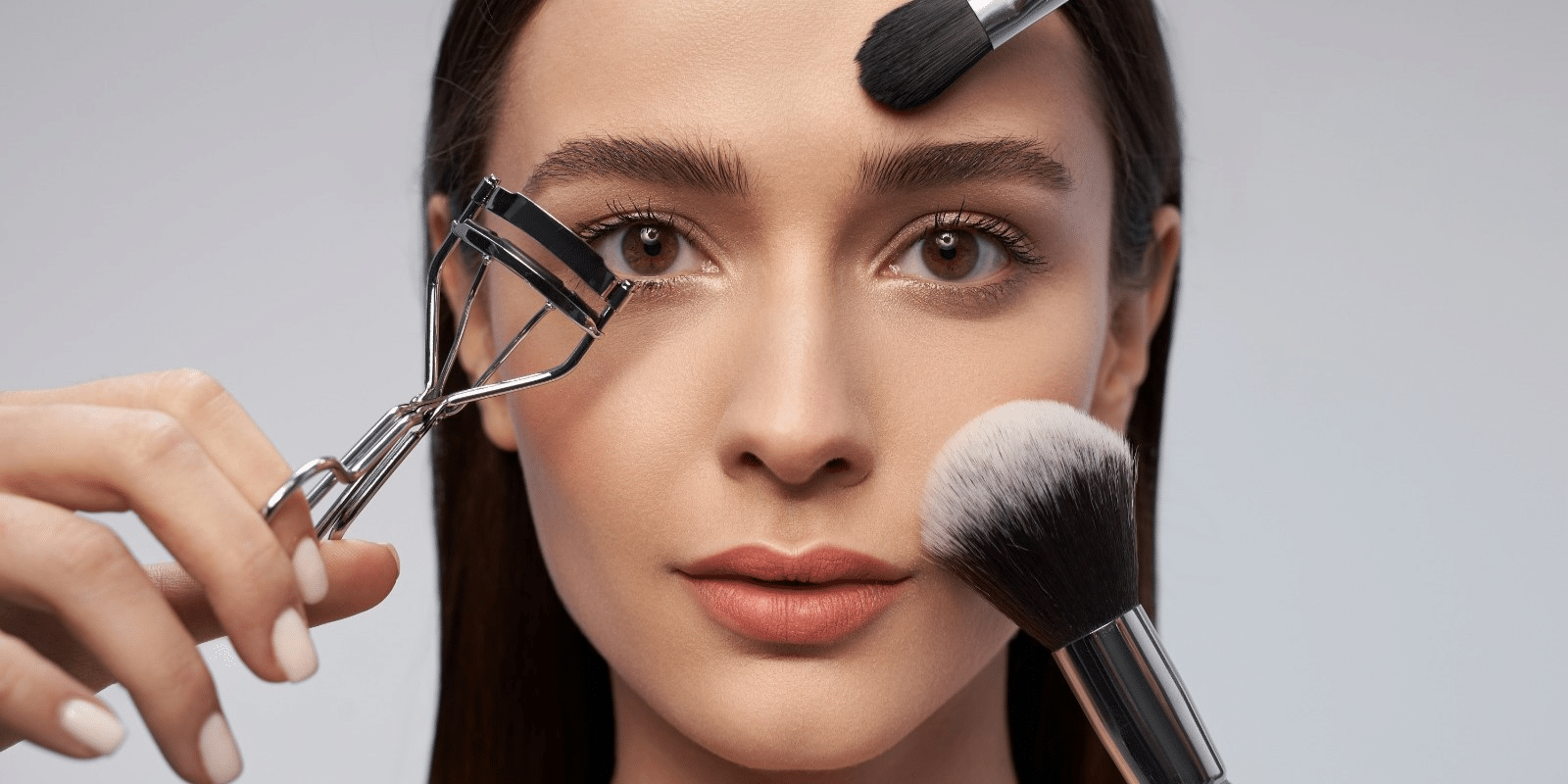As we age, our skin undergoes numerous changes, and the cosmetics we use can play a significant role in how our skin looks and feels. From wrinkles and fine lines to uneven tone and texture, aging skin presents unique challenges that require careful consideration when choosing and using cosmetics. Let’s explore how cosmetics affect us in old age and the importance of selecting the right products for mature skin.
Understanding Aging Skin
Before delving into the impact of cosmetics on aging skin, it’s essential to understand how our skin changes as we age:
Decreased Collagen and Elasticity
One of the significant changes that occur in aging skin is the decrease in collagen and elastin production. Collagen and elastin are proteins responsible for maintaining the skin’s firmness and elasticity. As their production declines with age, the skin becomes more prone to sagging and wrinkles.
Thinning Skin
Aging skin also tends to become thinner and more fragile over time. This thinning of the skin makes it more susceptible to bruising, tears, and increased sensitivity to environmental factors.
Uneven Pigmentation
Another common issue with aging skin is the development of uneven pigmentation. Factors such as sun damage and decreased cell turnover can lead to hyperpigmentation, age spots, and an overall uneven skin tone.
Reduced Hydration
Aging skin tends to produce less natural oils, resulting in increased dryness and a dull complexion. This reduced hydration can make the skin appear flaky and contribute to a loss of radiance.
The Role of Cosmetics in Aging Skin Care
Cosmetics can serve as valuable tools in addressing the concerns associated with aging skin, provided they are chosen and used correctly:
Moisturizers
Hydrating moisturizers are essential for aging skin, as they help replenish lost moisture and improve the skin’s texture and appearance. Look for products containing hydrating ingredients such as hyaluronic acid, glycerin, or ceramides to help restore and maintain skin hydration.
Anti-Aging Serums
Serums enriched with antioxidants, vitamin C, retinol, or peptides can help combat fine lines, wrinkles, and other signs of aging. These ingredients work to promote collagen production, improve skin texture, and minimize the appearance of wrinkles and fine lines.
Sun Protection
Sunscreen is crucial for protecting aging skin from further damage caused by harmful UV rays. Choose a broad-spectrum sunscreen with SPF 30 or higher and reapply regularly, especially when spending time outdoors. Sunscreen helps prevent sunburn, sun damage, and premature aging of the skin.
Foundation and Concealer
Choosing the right foundation and concealer can help improve the appearance of aging skin by providing coverage for age spots, uneven tone, and imperfections. Look for lightweight, hydrating formulas that blend seamlessly into the skin without settling into fine lines or emphasizing wrinkles.
Gentle Cleansers
Using a gentle cleanser formulated for mature skin is essential for maintaining skin health and preventing irritation. Look for cleansers with hydrating ingredients like hyaluronic acid or ceramides that effectively cleanse the skin without stripping away its natural oils.
Contrarian View: Potential Risks of Cosmetics for Aging Skin
While cosmetics can offer benefits for aging skin, it’s essential to be mindful of potential risks and pitfalls:
Allergic Reactions
Some cosmetic ingredients, fragrances, or preservatives may cause allergic reactions or irritation, particularly in sensitive or mature skin. It’s essential to patch-test new products and avoid ingredients that may trigger sensitivities.
Clogged Pores
Heavy or occlusive cosmetics, such as thick creams or oil-based foundations, can clog pores and exacerbate acne or breakouts, especially in aging skin prone to congestion. Opt for non-comedogenic formulas that won’t block pores or contribute to acne flare-ups.
Excessive Exfoliation
Overuse of exfoliating products or harsh scrubs can strip away the skin’s natural oils and disrupt the moisture barrier, leading to dryness, redness, and increased sensitivity. Limit exfoliation to 2-3 times per week and choose gentle exfoliants that won’t irritate the skin.
Chemical Sensitivities
Certain cosmetic ingredients, such as preservatives, fragrances, or synthetic dyes, may trigger chemical sensitivities or exacerbate existing skin conditions in aging skin. Look for products labeled as hypoallergenic or fragrance-free to minimize the risk of irritation.
In Summary
Cosmetics can have a significant impact on aging skin, offering solutions for common concerns such as wrinkles, dryness, and uneven tone. By choosing products specifically formulated for mature skin and incorporating a comprehensive skincare routine that includes moisturizers, anti-aging serums, sun protection, and gentle cleansers, individuals can maintain healthy, radiant skin as they age. However, it’s essential to be aware of potential risks and sensitivities associated with cosmetics and to tailor skincare routines accordingly to ensure optimal results and minimize adverse effects on aging skin. With the right approach, cosmetics can enhance the appearance and overall health of aging skin, helping individuals look and feel their best at any age.

















